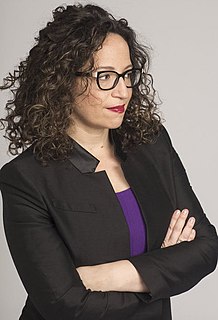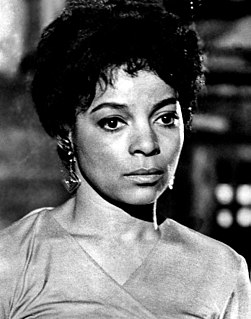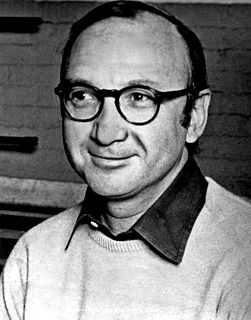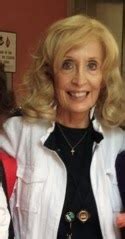A Quote by Billy Collins
I write with a Uni-Ball Onyx Micropoint on nine-by-seven bound notebooks made by a Canadian company called Blueline. After I do a few drafts, I type up the poem on a Macintosh G3 and then send it out the door.
Related Quotes
Peak hours for sending a first email through the online dating system tended to be during work (eleven A.M. to four P.M.) and then just after dinner (seven P.M. to nine P.M.). I did have a few women send me a first message after eleven P.M. Those who did had an 82 percent chance of coming from a profile that had too many words.
The Canon AE1 - a fully manual camera. [My mother] had a 50mm, which is a standard lens, and then I got a 28mm. Then I started a little punk magazine, a zine, when I was 14 or 15 years old. I was shooting my friends skateboarding and it was the beginning of the Macintosh. We wouldn't do layouts on the computer; we would pick the font and then type up a paragraph and then print it out and cut it up and put it in a little mock-up and Xerox it.
My mother - my stepmother, really, she herself have been what they call an elocutionist. And she was the one who first encouraged me to write poetry, because she used to read it to us. And then when I began to write when I was nine years old, my first poem was published in the Amsterdam News. I called it "The Graveyard."







































